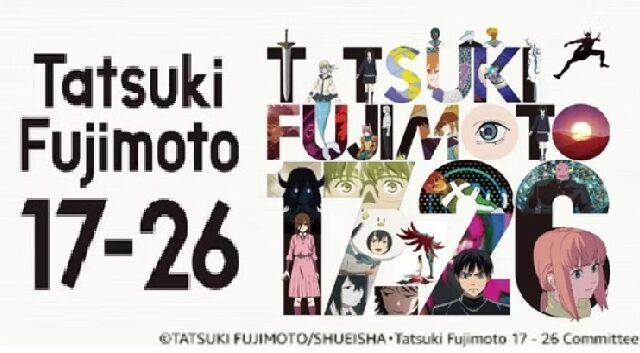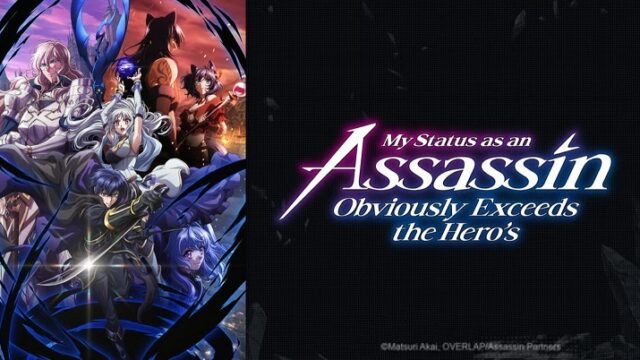English Dub Review: The Red Ranger Becomes an Adventurer in Another World Season One
Based on the Japanese manga series written and illustrated by Koyoshi Nakayoshi, this story follows Tōgo Asagaki, the former Red Ranger of a heroic sentai squad on Earth. During a climactic battle against the villainous Breakup King, Tōgo is unexpectedly transported to a fantastical world, where he embraces life as an adventurer under the name Kizuna Red, still determined to fight for justice. He joins forces with the ambitious sorceress Yihdra Arvoln, the noble Princess Teltina Liz Wagrel Alvarost, and her loyal but jealous bodyguard Lowji Mist. Although Tōgo’s heroic spirit remains unwavering, his overwhelming strength, lack of subtlety, and baffling non-magical abilities—like his power to summon a giant mecha—often confuse and frustrate his new allies. His tendency to annihilate monsters outright also causes unintended problems, as it leaves nothing behind for his companions to salvage or sell, yet his unwavering dedication makes him a unique, if chaotic, force for good in this strange new world.
On the technical side, this Anime adaptation was produced by Satelight studio and directed by Keiichiro Kawaguchi, with Kawaguchi also serving as sound director, Atsuhiro Tomioka handling series composition, Shuji Maruyama designing the characters and serving as chief animation director alongside Hideaki Onishi and Ayaki Ito, and Koichiro Kameyama composing the music. The opening theme song is “Cuz I”, performed by Hikaru Makishima, while the ending theme song is “Explosive Heart”, performed by Aya Uchida.
In a genre crowded with countless isekai protagonists ranging from average middle-aged salarymen, to magical sentient vending machines, to reimagined historical figures, The Red Ranger Becomes an Adventurer in Another World delivers something truly unique. It brings a Power Ranger archetype into the fantasy realm. From the outset, it’s clear the anime is satirical, playing up the absurdity with a protagonist who treats every situation with deadly seriousness, while the world around him reacts with bewildered straight-man humor. Season 1 sets the tone with wild power systems that defy logic but are so earnestly presented that they somehow work. The series wastes no time establishing its identity: a ridiculous, heartfelt celebration of Tokusatsu-style heroism colliding with classic isekai tropes, all wrapped in bombastic action, sound effects, and contagious hype.
While initially seeming like a parody of Japanese Superhero traditions, Season 1 gradually deepens. After Red is transported into a fantasy world, the humor remains strong, but slowly a sincere story begins to take form. Characters who first appear to be simple comic relief are fleshed out, world-building becomes more ambitious, and relationships start to anchor the narrative emotionally. Although the anime never forgets its ridiculous roots, the shift into a more serious tone is natural and welcome, giving long-time Tokusatsu fans and newcomers alike something real to latch onto amid the chaos.
The characters, as expected from a Sentai-inspired work, are the heartbeat of the story. Red, or Togo, is pure optimism and determination, embodying the spirit of friendship and teamwork even when it borders on cringe. His denseness in romance is typical of isekai protagonists, but the focus remains firmly on platonic bonds and trust. Yihdra, with her mixture of exasperation and admiration for Red, provides excellent chemistry and growth. Heck, I may have even grown to like her. While characters like Teltina and Lowji enrich the dynamics further. Familiar Sentai character color-coding—red’s brashness, blue’s rivalry, and so on—is smartly woven into their personalities, making each interaction feel like both a parody and an earnest homage. Their relationship dynamics help elevate the show far beyond a simple gag anime, giving it surprising heart and staying power.
When it comes to production, the show delivers mixed results. As the animation is serviceable but often inconsistent, especially during key action scenes where more fluidity and punch would have elevated the impact significantly. CGI is noticeable but generally blends well enough to not distract from the action, especially during mecha battles featuring the Maximum Kizuna Kaiser. What the show may lack in polish, it makes up for with energetic direction and stylish character designs that pay tribute to classic Tokusatsu aesthetics. The soundtrack is another highlight, with a rousing opening theme that perfectly captures the over-the-top spirit of Sentai shows, complemented by a fittingly dramatic score and abundant use of playful onomatopoeia throughout fights and transformations, enhancing the nostalgic charm.
Overall, The Red Ranger is a passionate, imperfect, but wildly entertaining love letter to both isekai and Tokusatsu fans. It balances affectionate parody with sincere storytelling, managing to breathe new life into two genres often criticized for stagnation. Despite some production shortcomings, the show’s heart shines through—bolstered by a memorable cast, hilarious set pieces, and an unrelenting celebration of friendship and heroism. It’s a must-watch for anyone who grew up with Power Rangers, Super Sentai, or Kamen Rider, and even for those simply looking for a different spin on the isekai formula. Through the sheer power of bonds and blazing spirit, it turns what could have been a forgettable seasonal anime into something truly special. If Season 2 ever becomes a thing, you’d be damn sure i’d wanna see where it goes next!














"There are also other characters that come and go (also owned by the Warner Bros. Discovery conglomerate media company)."
Huh. Is that just referring to other characters from the show itself, or is this implying that the new season is going to have cameos from other WBD IPs